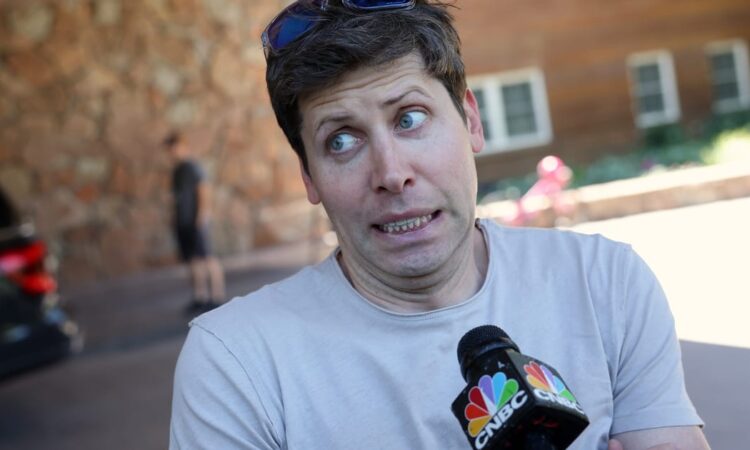
PARIS — France’s data regulator CNIL swooped by Worldcoin offices in Paris unannounced on Wednesday to quiz a top executive, amid growing scrutiny over the cryptocurrency project’s privacy practices.
The watchdog delegation arrived unexpectedly at Worldcoin’s Orb center, where the company scans people’s eyeballs in order for them to access its crypto services, two employees told POLITICO at the scene.
Representatives of the regulator met with the company’s manager overseeing its French operations. Paris’ Orb center is just one of many such hubs that Worldcoin has set up across Europe, including Germany, Portugal, Spain and the United Kingdom.
CNIL has expressed deep concerns over the crypto startup, telling Reuters in July that the “legality of this collection [of data] seems questionable, as do the storage conditions of biometric data.”
The regulator has yet to comment on Wednesday’s visit, located in a coworking place in Paris’ 3rd arrondissement.
Part of Worldcoin’s notoriety stems from the company’s co-founder being Sam Altman, the boss of OpenAI, the Microsoft-backed company that last year took the tech world by storm by launching its artificial intelligence chatbot, called ChatGPT.
CNIL is currently working with the Bavarian Data Protection Authority, which has been investigating Worldcoin’s privacy practices for several months.
With Worldcoin’s EU headquarters based in Erlangen in Bavaria, the German watchdog is leading a European-wide probe into whether the crypto project complies with the General Data Protection Regulation (GDPR). Under the GDPR, the processing of biometrics is forbidden except under several conditions, such as free and explicit consent.
Altman has partnered up with Alex Blania, who will lead the technology company behind the Worldcoin project, called Tools for Humanity. Anyone who wants to use Worldcoin’s platform and digital wallet will have to peer into so-called Orbs and have their irises photographed.
The goal is to ensure that only humans, not robots, can use Worldcoin’s technology and the unique structure of an eye is the best way to do that, according to the company. Some 1,500 eye-scanning Orbs have been shipped out across the world.
Clothilde Goujard and Bjarke Smith-Meyer contributed reporting from Brussels.






